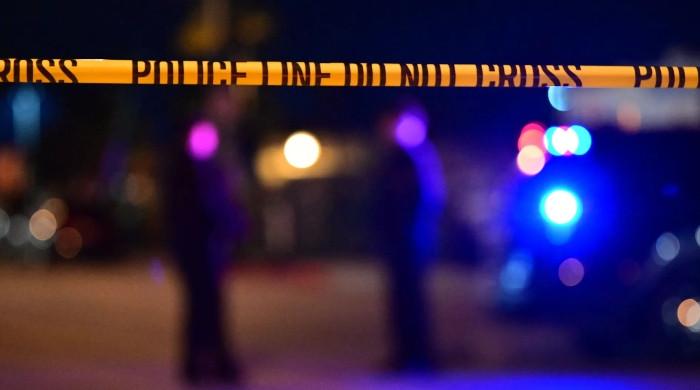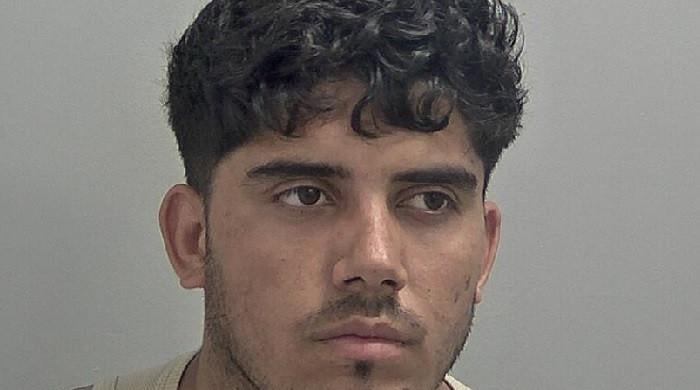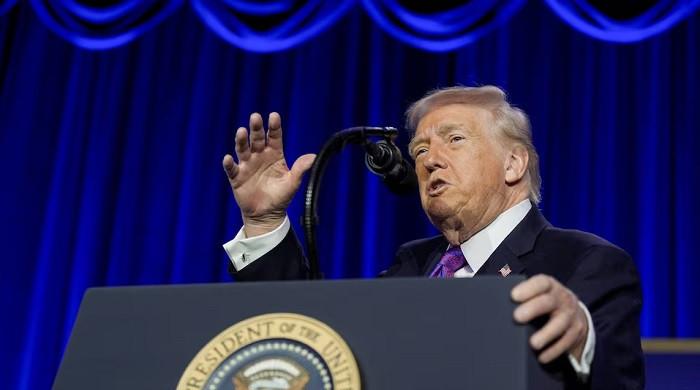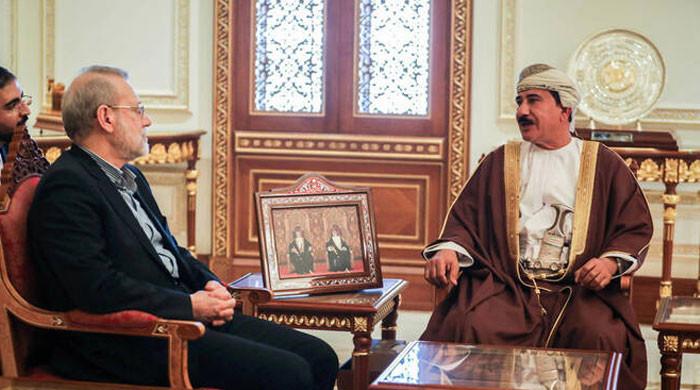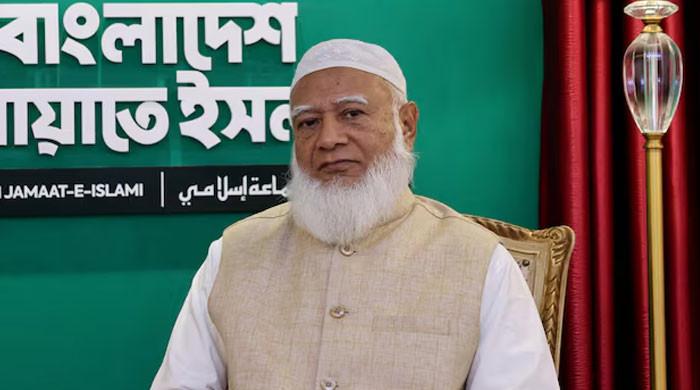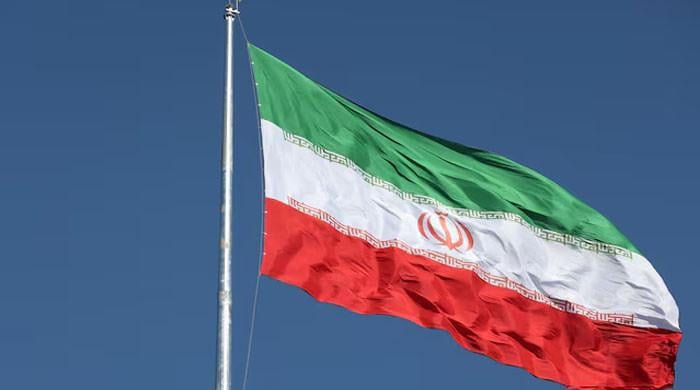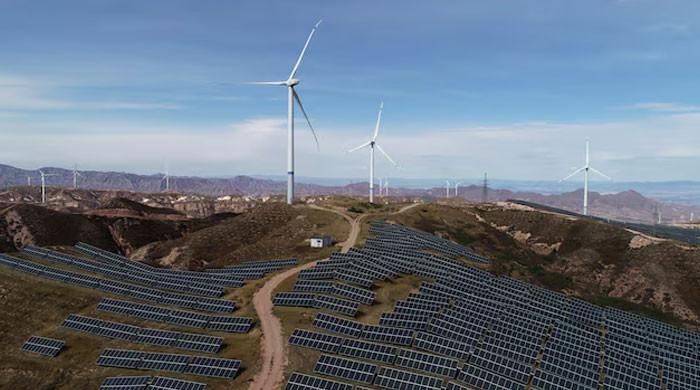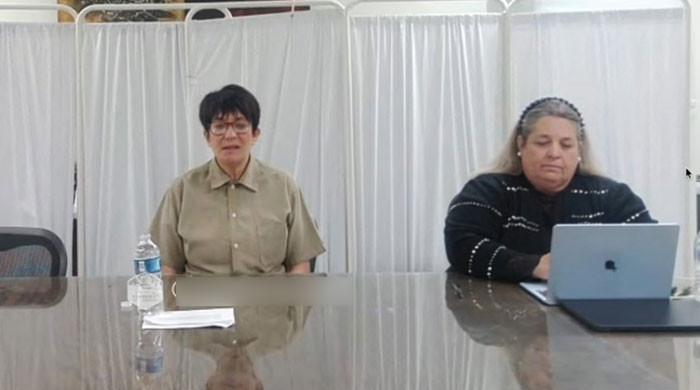Iran sees progress in nuclear talks after ‘professional' exchange
Proposals, solutions will be reviewed in respective capitals... and next round will be scheduled accordingly, says Araqchi
May 23, 2025
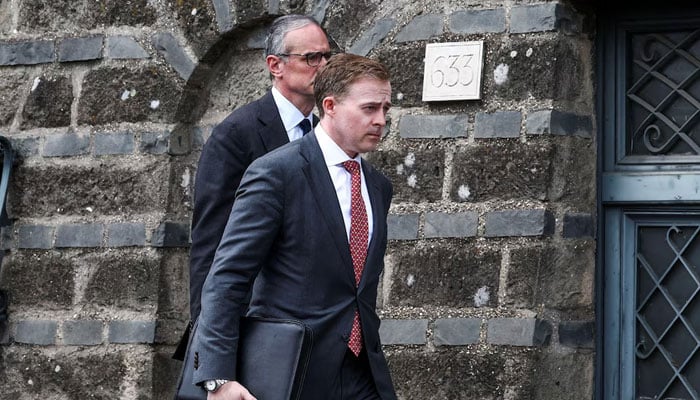
- Mediator says 'some but not conclusive progress' has been made.
- Talks aim to reach new nuclear deal after 2015 accord unravelled.
- Deep differences over uranium enrichment cast shadow over talks.
DUBAI: Iranian and US negotiators wrapped up a fifth round of talks on Friday, with mediator Oman saying there was some limited progress in negotiations aimed at resolving a decades-long dispute over Tehran's nuclear ambitions.
Despite both Washington and Tehran taking a tough stance in public ahead of the talks on Iran's uranium enrichment, Iranian Foreign Minister Abbas Araqchi said there was potential for progress after Oman made several proposals during the negotiations in Rome.
"We have just completed one of the most professional rounds of talks ... We firmly stated Iran's position ... The fact that we are now on a reasonable path, in my view, is itself a sign of progress," Araqchi told state TV.
"The proposals and solutions will be reviewed in respective capitals ... and the next round of talks will be scheduled accordingly."
There was no immediate comment from the US delegation.
The stakes are high for both sides. President Donald Trump wants to curtail Tehran's potential to produce a nuclear weapon that could trigger a regional nuclear arms race and perhaps threaten Israel. The Islamic Republic, for its part, wants to be rid of devastating sanctions on its oil-based economy.
Omani Foreign Minister Badr Albusaidi said on X that the talks between Araqchi and Trump's Middle East envoy Steve Witkoff had ended "with some but not conclusive progress".
Ahead of the talks, Araqchi wrote on X: "Zero nuclear weapons = we Do have a deal. Zero enrichment = we do NOT have a deal. Time to decide."
White House press secretary Karoline Leavitt told reporters on Thursday that Trump believes negotiations with Iran are "moving in the right direction".
Among remaining stumbling blocks are Tehran's refusal to ship abroad its entire stockpile of highly enriched uranium - possible raw material for nuclear bombs - or engage in discussions over its ballistic missile programme.
Stumbling blocks
US Secretary of State Marco Rubio said on Tuesday that Washington was working to reach an accord that would allow Iran to have a civil nuclear energy programme but not enrich uranium, while acknowledging that this "will not be easy".
Iranian Supreme Leader Ayatollah Ali Khamenei, who has the last say on matters of state, rejected demands to stop refining uranium as "excessive and outrageous", warning that such talks were unlikely to yield results.
Iran says it is ready to accept some limits on enrichment, but needs watertight guarantees that Washington would not renege on a future nuclear accord.
Trump, in his first term in 2018, ditched a 2015 nuclear pact between major powers and Iran. Since returning to the office this year, he has restored a "maximum pressure" campaign on Tehran and reimposed sweeping US sanctions that continue to hobble the Iranian economy.
Iran responded by escalating enrichment far beyond the 2015 pact's limits.
Wendy Sherman, a former US undersecretary who led the US negotiating team that reached the 2015 agreement, earlier said that Tehran presents enrichment as a matter of sovereignty.
"I don't think it is possible to get a deal with Iran where they literally dismantle their programme, give up their enrichment, even though that would be ideal," she told Reuters.
The cost of failure of the talks could be high. Iran's arch-foe Israel sees Iran's nuclear programme as an existential threat and says it would never allow the clerical establishment to obtain nuclear weapons. Tehran says it has no such ambitions and the purposes are purely civilian.
Israel's strategic affairs minister and the head of its foreign intelligence service, Mossad, were also due to be in Rome for talks with the US negotiators, a source aware of the matter told Reuters.
Araqchi said on Thursday that Washington would bear legal responsibility if Israel attacked Iranian nuclear installations, following a CNN report that Israel might be preparing strikes.




